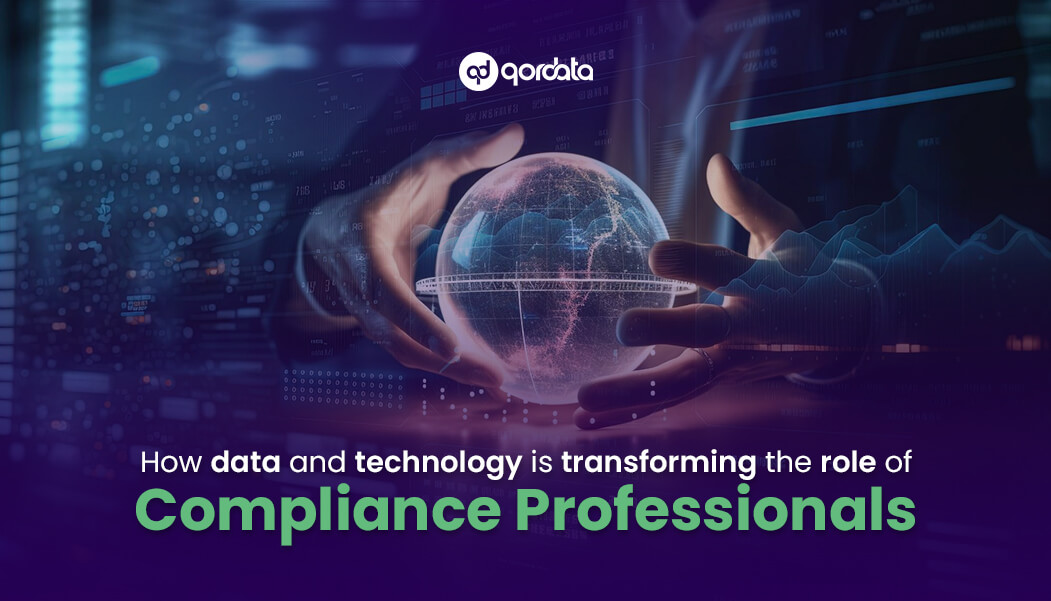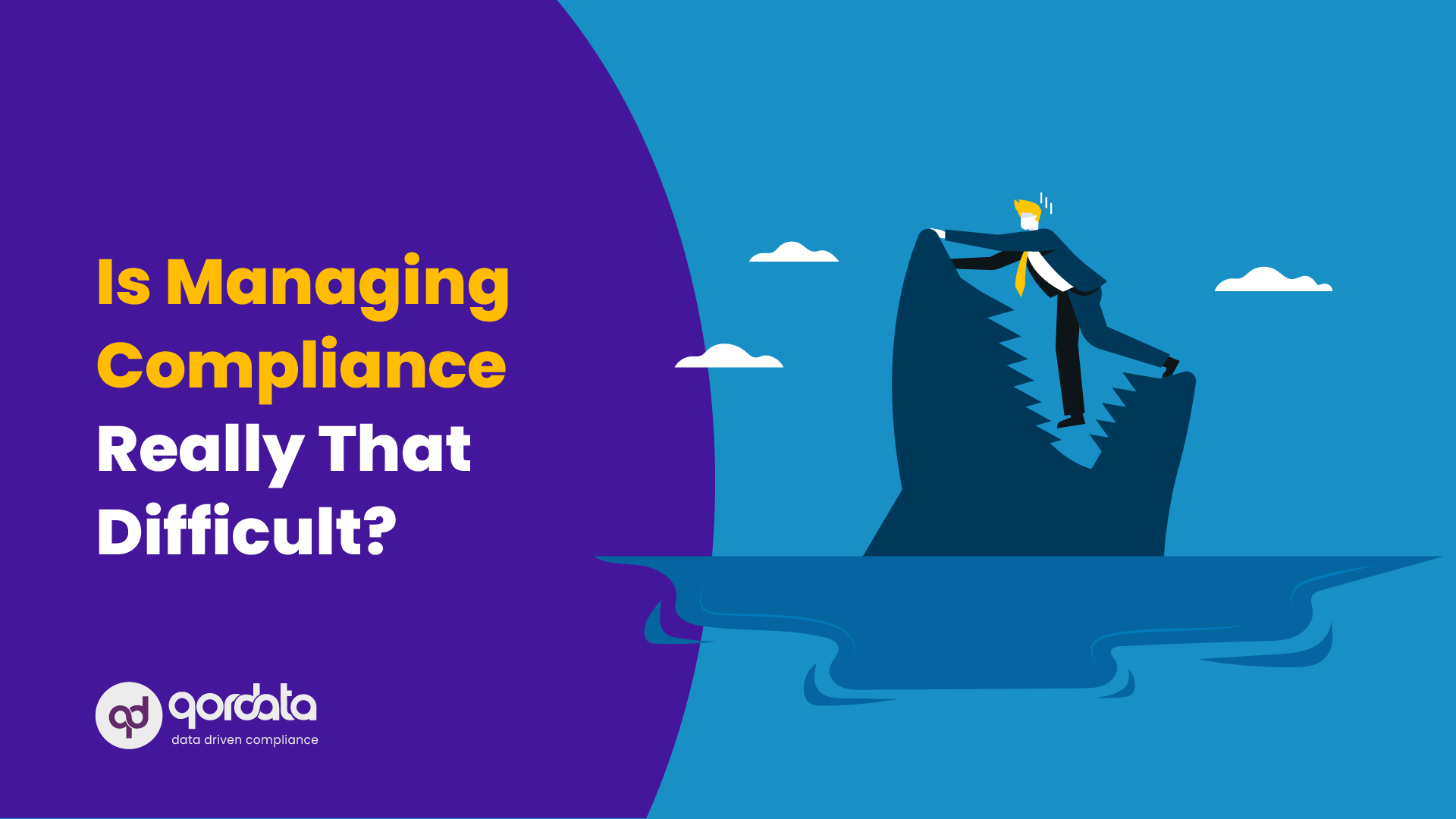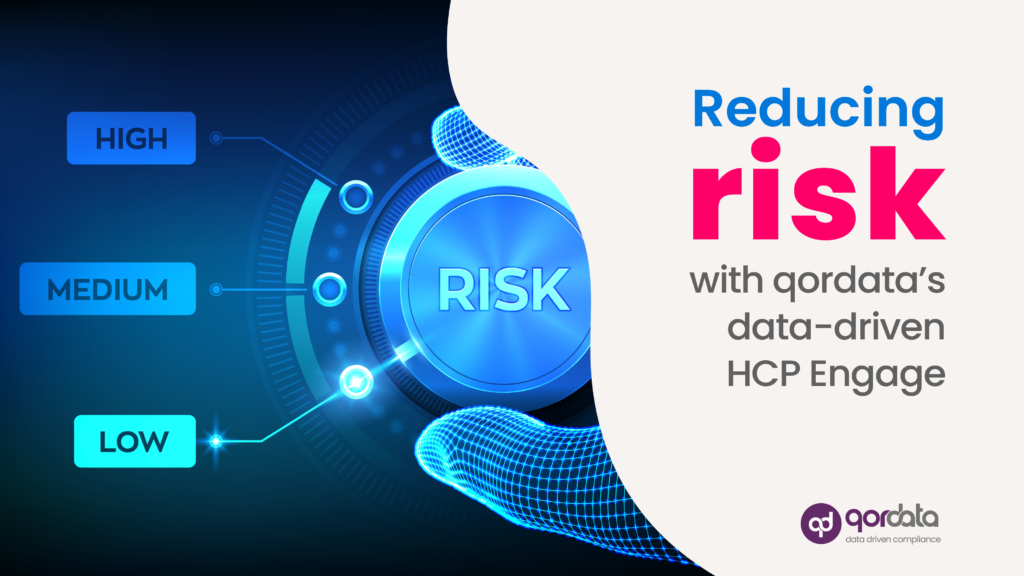“What Role Is Technology Playing In Helping You Become GDPR Compliant?”
We asked this question (or rather, a version of it) during a survey at our recent GDPR Life Sciences Bootcamp. The respondents were uniformly compliance/transparency professionals from the life sciences industry.
Any guesses on what their response was?
Less than 10% were able to identify the solution their company uses for GDPR Compliance. An equal number (at 9.09%) said, “No. We are not interested either.”
Less than 10% were able to identify the solution their company uses for GDPR Compliance.
Bad news, in the light of penalties laid out in the GDPR?
Not really, compared to what the other responses were.
A little over 27% of respondents acknowledged that they did not know of any technology-based solution that their company had employed for GDPR preparation but “were interested” in learning about solutions that could help them. That’s good news.
What is actually alarming is that a full 54.55% responded to the question with “I do not know.”
Data visibility is one of the biggest concerns of any compliance professional in the global medical drug and device industry. “Not knowing what is in our data” is a concern that keeps quite a few compliance experts up at night and may be attributed as one of the reasons spend data submissions are rarely made with the full confidence of data sanctity and correctness.
“I do not know” is an uncomfortable acknowledgment—more so as data protection becomes one of the EU’s mostly hotly-debated topics and the source of considerable risk and investment.
How can you know if your investment in building data protection structures within your organization has justified itself?
For those getting started, we have some helpful advice here. But if you’re looking for a quick, practical solution, we can offer expert help onsite. Our team of GDPR Consultants can provide a GDPR Risk Assessment of your existing infrastructure from a compliance, legal, and technology point of view.



